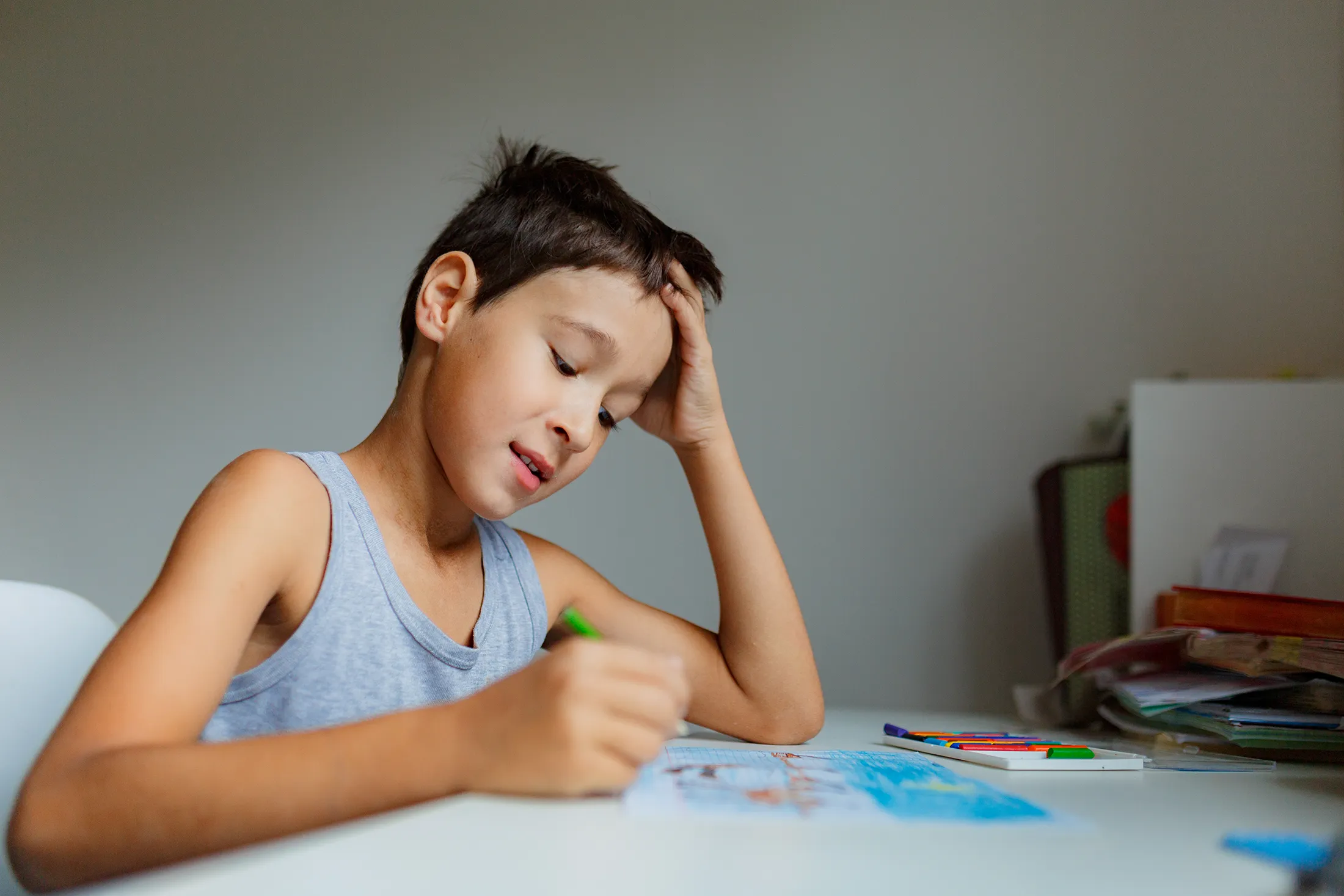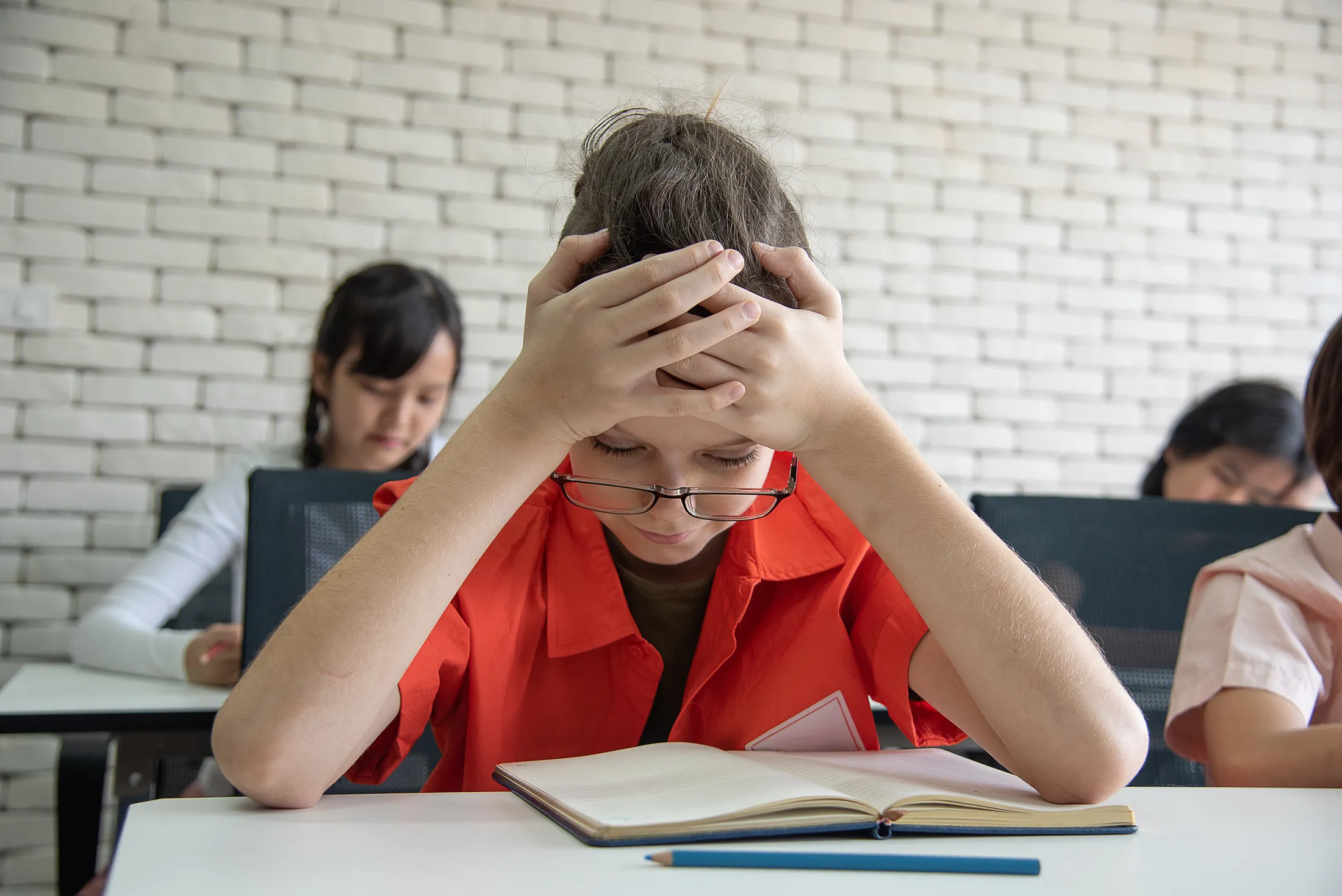
Introduction
Parenting a child with ADHD can be both rewarding and challenging. While every child’s experience with ADHD is unique, one thing is certain – consistent, thoughtful strategies can make a world of difference in their daily life. With the right support, kids can learn to manage symptoms, build confidence, and thrive at home, in school, and in social situations.
In this blog, we’ll share practical, evidence-based strategies to support kids with ADHD. These tips can help parents, caregivers, and educators create environments that foster focus, resilience, and emotional well-being.
1. Establishing Predictable Daily Routines
Structure is one of the most powerful tools for supporting children with ADHD. Predictable routines help reduce anxiety, improve focus, and set clear expectations.
- Create a consistent wake-up, mealtime, and bedtime schedule.
- Use visual schedules or charts for morning and evening tasks.
- Break routines into small, easy-to-follow steps.
When children know what to expect, they can transition between activities more smoothly and with fewer distractions.
2. Using Positive Reinforcement
Children with ADHD often respond best to encouragement rather than criticism. Positive reinforcement rewards desired behaviors and motivates kids to repeat them.
- Offer specific praise, such as “You did a great job finishing your homework on time.”
- Use small rewards like extra playtime or a favorite activity.
- Keep feedback immediate and consistent so the connection between behavior and reward is clear.
3. Breaking Tasks into Manageable Steps
Large assignments or chores can feel overwhelming. Breaking tasks into smaller steps helps children stay focused and complete them without frustration.
- Give instructions one step at a time.
- Use checklists that they can mark off as they go.
- Celebrate progress, not just the finished product.
4. Teaching Emotional Regulation Skills
Big emotions can be challenging for children with ADHD. Helping them recognize and manage feelings builds resilience.
- Encourage children to name their emotions (“I feel frustrated”).
- Practice deep breathing or mindfulness exercises together.
- Create a calm-down space where they can regroup.
5. Collaborating with Teachers and Schools
A strong school partnership ensures children receive consistent support in the classroom.
- Communicate regularly with teachers about challenges and progress.
- Ask about IEP or 504 Plans to provide accommodations like extra time or reduced distractions.
- Share successful home strategies with the school so they can be used in class.
6. Encouraging Physical Activity
Movement is beneficial for focus, mood, and overall health.
- Schedule daily physical activities, such as biking, swimming, or sports.
- Use activity breaks between homework sessions.
- Consider activities that build coordination and confidence, like martial arts or dance.
7. Limiting Distractions in Learning Environments
Reducing environmental distractions helps children stay focused.
- Create a dedicated homework area free of TV and loud noises.
- Use noise-canceling headphones or soft background music.
- Keep supplies organized and within easy reach.
8. Using Visual and Hands-On Learning Tools
Many children with ADHD are visual or kinesthetic learners.
- Use colorful charts, diagrams, and flashcards.
- Incorporate hands-on activities like building models or using learning apps.
- Allow movement-based learning when possible, such as practicing math while bouncing a ball.
9. Building Social Skills Through Role-Playing
Social interactions can be tricky for kids with ADHD. Practicing can make them feel more confident.
- Role-play different scenarios, like joining a group at recess or handling disagreements.
- Teach conversational skills like making eye contact and taking turns.
- Reinforce positive interactions with praise and encouragement.
10. Being Patient and Consistent
ADHD management is a long-term process. Patience and consistency make a big difference in outcomes.
- Stick to routines and rules even when progress is slow.
- Recognize small improvements along the way.
- Avoid comparing your child to others – focus on their individual growth.
11. Encouraging Positive Social Skills Development
Children with ADHD may find social situations challenging, but guided practice can help them build stronger peer relationships.
- Arrange small, structured playdates to encourage positive interactions.
- Teach turn-taking, sharing, and active listening through role-play.
- Model respectful communication and problem-solving in everyday situations.
12. Using Visual Aids to Reinforce Instructions
Visual tools can make tasks clearer and easier to remember for kids with ADHD.
- Use picture charts or written checklists for routines.
- Color-code school supplies and storage bins to encourage organization.
- Create visual reminders for homework, chores, or upcoming activities.
13. Breaking Tasks into Smaller, Achievable Steps
Overwhelming assignments can lead to frustration, but breaking them down helps children focus.
- Start with short, clear instructions.
- Offer praise after each completed step.
- Use a timer to keep tasks on track without pressure.
14. Encouraging Physical Activity to Improve Focus
Movement can help regulate energy levels and support concentration.
- Include active breaks between homework or chores.
- Explore sports, dance, or martial arts programs that match your child’s interests.
- Use outdoor activities as a healthy outlet for excess energy.
15. Practicing Mindfulness and Relaxation Techniques
Calming strategies can help children with ADHD manage impulsivity and emotions.
- Teach deep breathing exercises or simple meditation.
- Use guided imagery or calming music during downtime.
- Practice these techniques regularly so they become second nature.
16. Offering Consistent Positive Reinforcement
Children with ADHD benefit from recognition and encouragement when they meet expectations.
- Praise specific behaviors instead of offering general compliments.
- Use reward systems, such as sticker charts or point systems.
- Celebrate progress, even when it’s small.
17. Coordinating Care Between Home, School, and Therapists
A consistent approach across all environments ensures better support for your child.
- Communicate regularly with teachers about strategies that work at home.
- Involve therapists or counselors in creating behavior plans.
- Share updates between all parties to maintain consistent expectations.
18. Encouraging Independence and Self-Advocacy Skills
Helping kids with ADHD take ownership of their needs builds confidence and life skills.
- Teach them to recognize when they need help and how to ask for it.
- Involve them in setting personal goals and problem-solving.
- Gradually give them more responsibility in daily tasks.
19. Encouraging Self-Advocacy Skills for Children with ADHD
Helping children understand and communicate their needs builds long-term confidence and independence.
- Teaching them to identify challenges they face in school or social settings
- Practicing ways to ask for help from teachers, coaches, or peers
- Reinforcing the importance of expressing feelings respectfully and clearly
20. Using Technology Tools to Improve Focus and Organization
Digital tools can help children with ADHD stay on track and manage responsibilities effectively.
- Introducing apps for homework tracking, time management, and reminders
- Using visual timers and task lists to break down large assignments
- Monitoring usage to ensure tools are used productively rather than becoming a distraction
21. Building a Consistent Home Routine That Supports Focus and Calm
A predictable environment can reduce stress and improve daily functioning for children with ADHD.
- Creating regular schedules for meals, homework, and bedtime
- Establishing designated spaces for study, play, and relaxation
- Including planned breaks to help children recharge without losing momentum
Conclusion: Helping Kids with ADHD Thrive
Supporting a child with ADHD takes patience, creativity, and teamwork. By creating structure, encouraging positive behaviors, and working closely with teachers and other professionals, parents can help their children develop the skills they need to succeed.
If your child is struggling with ADHD symptoms, Flora & Associates is here to help. Our experienced therapists work with families to develop personalized strategies that bring out each child’s strengths. Contact us today to schedule a consultation and take the next step toward helping your child thrive.





